What is Kinship Care?
Kinship Care in South Carolina occurs when the caretaker is unable to meet the basic needs such as: food, shelter, education, healthcare, safety, etc. South Carolina is considered a “Kin First State” meaning the agencies goal is to locate kin/fictive caregivers for children prior to placing them in foster care.
There are many other terms used when talking about kinship care and may include:
Kinship (kin) caregivers/Kinship Care Providers are defined as relatives and non-relatives who have a biological, familial, community, or cultural connection to the child, including but not limited to: grandparents, great-grandparents, aunts, uncles, siblings, cousins, stepparents, godparents, or non-relative adults identified as having a familiar and long-standing bond with the child or family.
Fictive Kin: This term is used specifically to describe a kinship caregiver who is not related to the child by blood or by legal means (like marriage). Someone who is fictive kin is usually a close family friend who knows the child well and feels like family.
Formal Kinship Care: This refers to kinship care when SCDSS has become involved. You may also hear this called formal kinship care. SCDSS has legal custody of the child in these cases—and a case manager will be assigned to work with the kinship care provider to protect the child’s safety and provide resources and guidance. SCDSS prefers to license kinship caregivers when a child is in foster care, because the caregiver receives monthly board payments and case management to enhance the child’s stability while living with the kinship caregiver.



